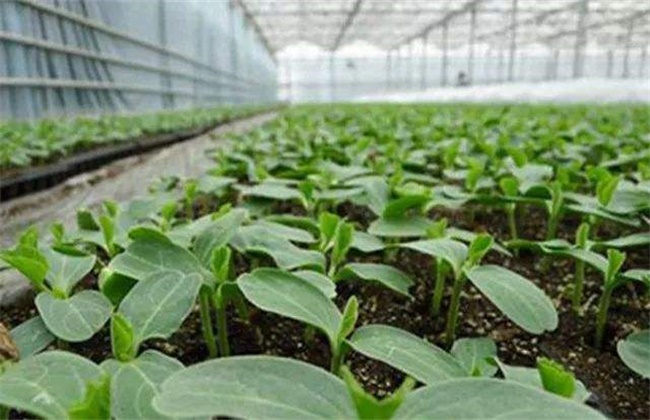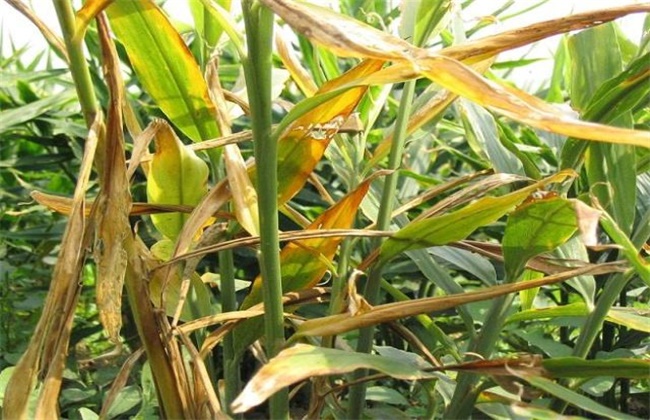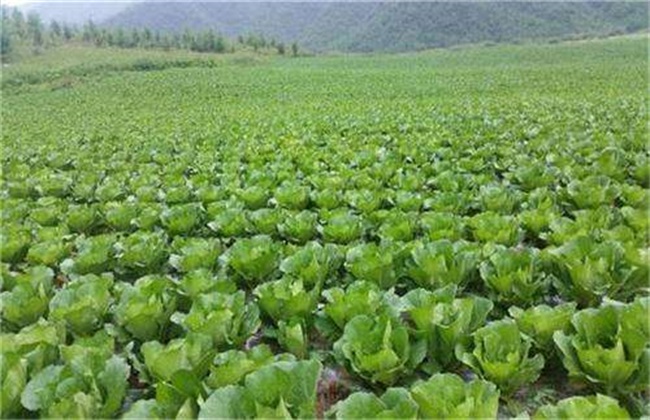Seedling raising techniques of overwintering eggplant
In the past, science and technology are not so developed, we can only eat what vegetables in any season, but with the development of agricultural technology, now we can cultivate out-of-season technology, which brings a lot of convenience to people. Today, let's talk about the overwintering breeding technology of eggplant in greenhouse. Let's get to know it.

1. Variety selection
The overwintering eggplant should choose the varieties which are suitable for PVC cultivation under the plastic film, such as Meiyin eggplant crown, which is resistant to low temperature, weak light, good quality and good coloring, which is colorful, purple and green, and can grow normally under low temperature and low light. And high yield, good coloring, very suitable for overwintering eggplant.
2. Seed treatment
After selecting the variety, first of all, the seed should be sunburned on the land, never put it on the cement ground or which one, which may reduce the seed vigor and be disadvantageous to germination. the purpose of drying the seed is to promote the post-ripening of the seed, improve the germination rate and germination potential, and kill the germs on the surface at the same time, drying the seed for 1-2 days. After drying the seeds, put the seeds in three times the amount of warm water, stir for 15 minutes, wait for the water temperature to drop to room temperature, soak for 8-9 hours, and then fish out to dry, ready to sow.
3. Sowing seeds
The soil of the seeding bed should choose the field soil that has not been planted with eggplant, and make it into a seedbed with a width of 1.2 meters, a length of 6 meters and a thickness of 10 centimeters. One kilogram of potassium dihydrogen phosphate should be applied to each seedbed to pour water once to reduce the ground temperature to facilitate germination, and disinfection can be carried out if possible. Then spread the germinated seeds evenly on the seedbed, cover a layer of 2-3 cm thick sifted fine soil, and cover the plastic film. After sowing, it is necessary to maintain about 25-30 degrees during the day and 16-20 degrees at night, shading in time when the temperature is too high, and at the same time to ensure ventilation and transparent light, it is best to use shading nets, both shading and insect prevention, the effect is good.
4. Seedling stage management
When most of the seeds are exposed, remove the plastic film in time and prevent crickets from biting the seedlings when you have two real leaves. You can use phoxim and wheat bran to make poison bait and pile them on the seedbed to trap and kill adults. After 40 days of sowing, when eggplant seedlings grow to 2-3 true leaves, the distance between seedlings is divided into 10 × 10 cm. The temperature is kept between 28 and 30 degrees after seedling division, and between 18 and 20 degrees at night, so as to promote slow seedling and growth. Spray water before planting to prevent the seedlings from getting sick. The standard of strong seedling is 15-18 cm in height, 6-9 true leaves, 80-90 days old, well-developed root system, milky white and large buds in the upper part.
The above is the introduction of overwintering eggplant seedling technology, hope to help you, want to know more related knowledge, please pay attention to us.
Related
- Where is it suitable to grow horseradish in China? it is expected to see the middle altitude horseradish in Alishan.
- How to prevent tomato virus disease reasonably? (Control methods included)
- Many people like to plant towel gourd on the balcony. What are the main points of this method and management?
- What crops can chili peppers be mixed with?
- Fertilization techniques and matters needing attention in Tomato
- What are the grafting techniques for peach seedlings in spring?
- Harm and control methods of root swelling disease of Chinese cabbage
- What are the pests of sweet potatoes? How to prevent and cure it?
- Symptoms, causes and Control methods of navel Rot in Tomato
- The cause of "Cucumber rotten bibcock" in Farmers' planting Cucumber and its Control Plan



